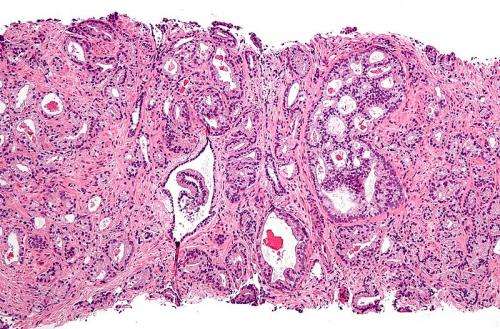
In a recent study published in the European Journal of Cancer Care, investigators interviewed men affected by prostate cancer and their family members to gain a better understanding of their unmet information and communication needs.
The study was funded by the charity Prostate Cancer UK and undertaken by researchers from the Hull York Medical School, of the University of Hull, in the UK. The goal was to develop patient-informed education materials for health care professionals, which the charity would use to help improve clinical practice.
Interviews with 19 men and six caregivers revealed several themes: the need to address gaps in the information provided by clinicians, particularly about sensitive issues; the value of clinicians’ good communication skills and being allowed adequate time when providing effective clinical information; the need for individualized information with content, timing, and emotional support tailored to an individual’s unique life circumstances; and the importance of alternative information sources, particularly when recommended by clinicians.
“Prostate cancer affects every part of life. Careful, sensitive, and timely communication makes a massive difference to the way men—and their families—are able to cope, but sadly is often neglected,” said lead author Hong Chen, Ph.D., MPH, MSc, who is currently at the University of Warwick.
“This research emphasizes the fundamental importance of clinical communication skills to improving a patient’s experience with prostate cancer,” added Amy Rylance, Head of Improving Care at Prostate Cancer UK. “At Prostate Cancer UK, we offer a range of evidence-based training resources for health professionals to support them to develop these crucial skills, and we’re pleased to see this new research published as a result.”
Source: Read Full Article